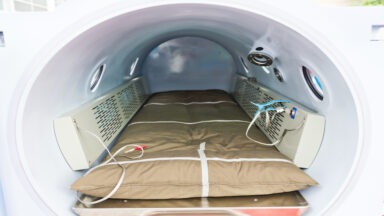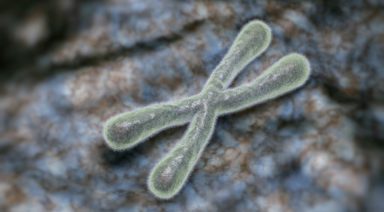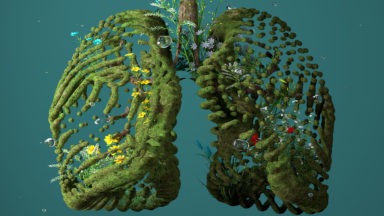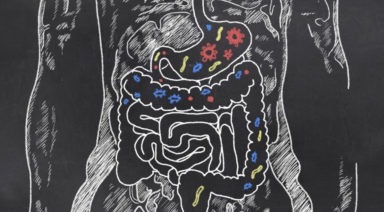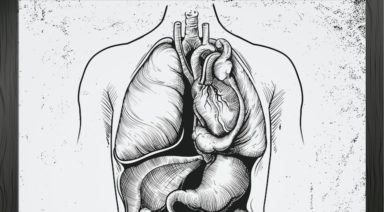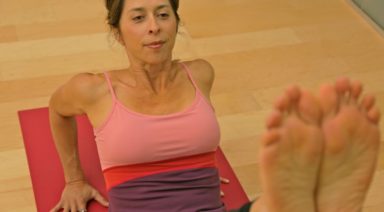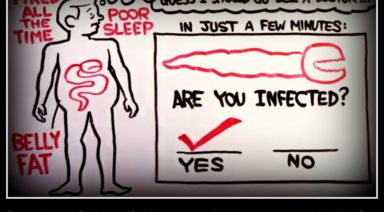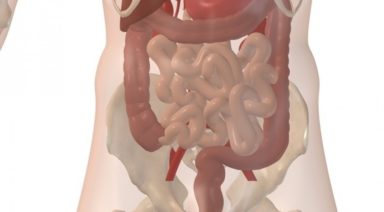Alternative Protocol Could Prevent, Reverse Alzheimer’s Disease

Alzheimer’s disease is on the rise and has become one of the more alarming public health issues. But what if, by using a holistic approach to treating this disease, there was a way to prevent and reverse the onset of Alzheimer’s?
Researchers have studied the disease for over a century, and while they’ve come to understand the mechanisms that lead to Alzheimer’s, there haven’t been significant breakthroughs in finding a viable treatment to prevent patients’ decline into dementia and death. Dr. Ilene Naomi Rusk is a behavioral neuroscientist and co-director of the healthy brain program in Boulder, CO, who has focused her life’s work on the disease.
Dr. Rusk is one of many doctors who now ascribe to the protocols of Dr. Dale Bredesen, which shows that a personalized, holistic approach to Alzheimer’s can not only prevent the disease but even reverse its onset in early phases. But when she began her work, they were looking for one single cure.
“I started in this field in the ‘80s looking at single-targeted strategies for dementia thinking that there would be a silver bullet because that’s the way we thought — receptors, specificity, working with a targeted approach to one brain chemical, for example, acetylcholine would be the answer,” Dr. Rusk said. “It turns out, it isn’t the answer, so there’s a background. All of this new and exciting work in dementia is because we have a foundation of what doesn’t work. If you spoke to any neurologist, any neuropsychologist, any physician they would say ‘No, we don’t really have anything that’s disease-modifying for Alzheimer’s disease, and nothing that slows progression.’ It certainly lends credence to a new approach, and the new approach to me emerged in 2016 when I read a paper by Dr. Bredesen.”
In a proof-of-concept trial, Dr. Bredesen looked at 25 patients suffering from Alzheimer’s disease and evaluated their cognitive ability before and after they followed protocols that focused on a number of lifestyle and environmental factors believed to contribute to Alzheimer’s.
“So some of those root causes are nutritional imbalances; difficulties with gut health; toxins in food, air, and water; things like mold (and) air pollution; the effects of combined prescription medication, polypharmacy for example. I’d say there are external mediated factors too, root causes and modifiable contributors like how much we exercise, I said the food we eat, but the nutrition we derive from the food we eat as well. Remember that Alzheimer’s disease particularly seeds itself very early, so the amyloid and tau begin to create problems up to 20+ years prior to the actual clinical symptoms of the disease,” Dr. Rusk said.
Interestingly, dr. Bredesen found that a large contributor to Alzheimer’s was a lack of neuroplasticity, or the brain’s ability to grow new neural pathways. Neuroplasticity has been found to be boosted by activities that challenge the brain, particularly those that fall outside our daily habits and routines.
“Neuroplasticity requires a challenge, what I like to call a disorienting dilemma for the nervous system, which means stress — which means good stress. Good stress provides healthy neuroplastic change, bad stress provides negative neuroplastic change,” Dr. Rusk said.
In addition to a lack of activity supporting neuroplasticity, improper sleep has also been found to be a major factor in the onset of Alzheimer’s — so much so, that some studies have found a 20-30% increased risk in the development of Alzheimer’s and dementia in patients who don’t get sufficient rest.
“I think sleep is one of the most modifiable and important contributors. What happens at night, what we take to sleep with us, whether we’re stressed, whether we have sleep apnea — so if we’re losing oxygen at night and we’re a little bit hypoxic, we’re a little bit low on oxygen, that can really affect our brain health,” Dr. Rusk said. “Sleep is a huge contributor to cognitive decline and then to later dementia. Actually, a recent study has shown that sleep patterns in mid-life, so earlier in life prior to people getting dementia, contribute to later dementia risk. So basically if you’re getting, I think it’s less than seven hours of sleep, in your 50s or 60s it can contribute to later cognitive decline and dementia; you’re 30 percent more likely to get dementia later in life.”
As more research considers this personalized, multi-factor approach that assesses the various root causes of dementia, practitioners like Dr. Rusk says she believes we will be able to drastically reduce the number of new Alzheimer’s sufferers, with Dr. Bredesen going so far as to say we may someday eliminate it altogether.
Hyperbaric Oxygen May Lengthen Telomeres And Your Life
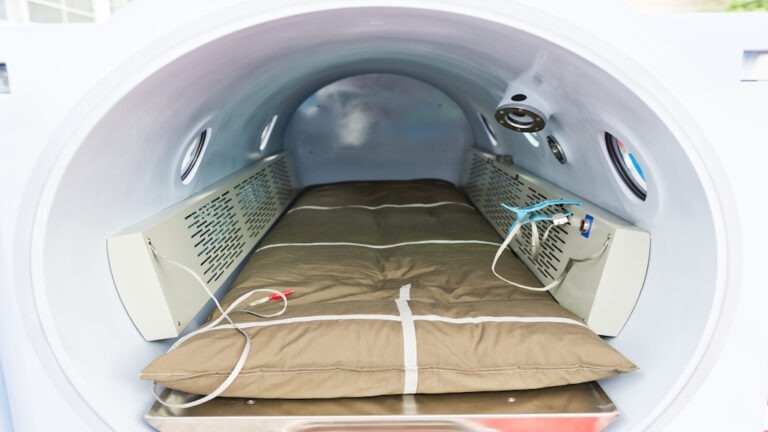
A potential breakthrough may be happening in the field of anti-aging. Could pure oxygen lead to the fountain of youth?
Dr. Ed Park, author of The Telomere Miracle, explains aging and stem cells could possibly be affected by oxygen treatments.
“Every time a cell divides the telomeres have to shorten, and stem cells are the kinds of cells that have an enzyme that can re-lengthen them, making them kind of immortal. Even though they’re getting older, they’re getting older at a much slower rate than the non-stem cells,” Dr. Park said.
“What we do see is an incidental shortening of the telomeres and that reflects where they came from because their stem cells are getting older. So, if we can have something like breathing hyperbaric oxygen and it shows up in the blood cells at least, the inference, the hope is that it would show up in other cells,” he said.
A recent study out of Tel Aviv University published in the journal Aging, claims promising results using hyperbaric oxygen treatments to lengthen telomeres and reduce the accumulation of old and malfunctioning cells in the blood of test subjects. In the study, 35 healthy adults aged 64 and older received 60 daily hyperbaric oxygen treatments over three months.



